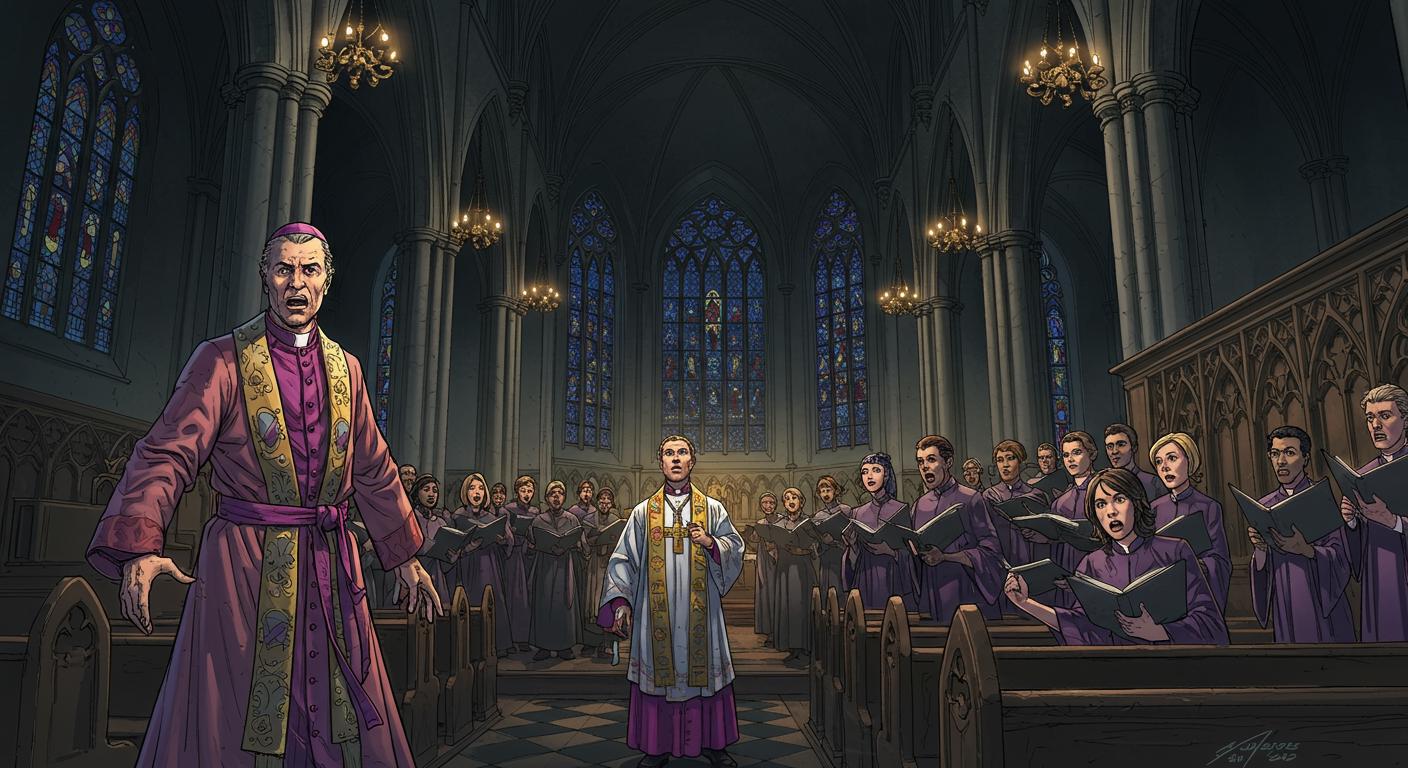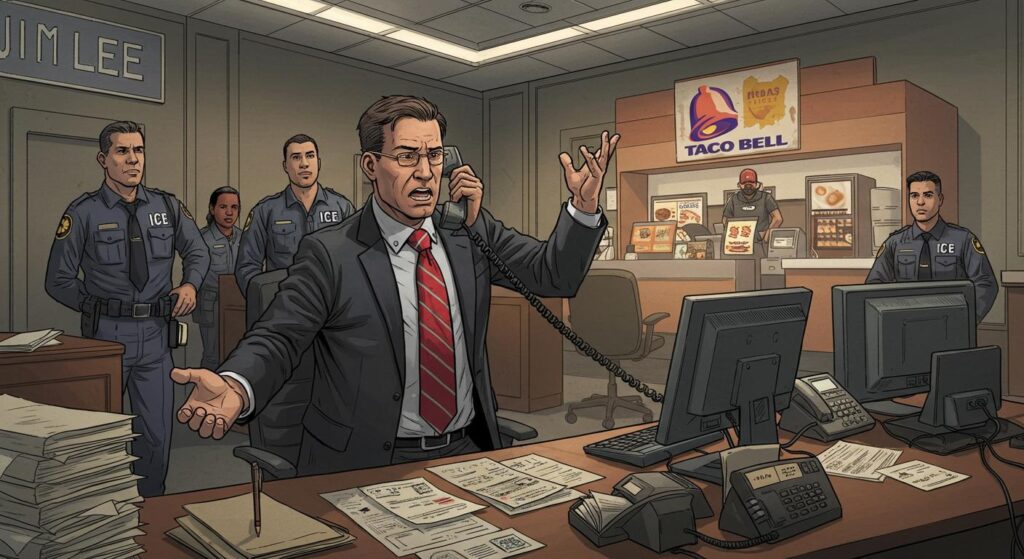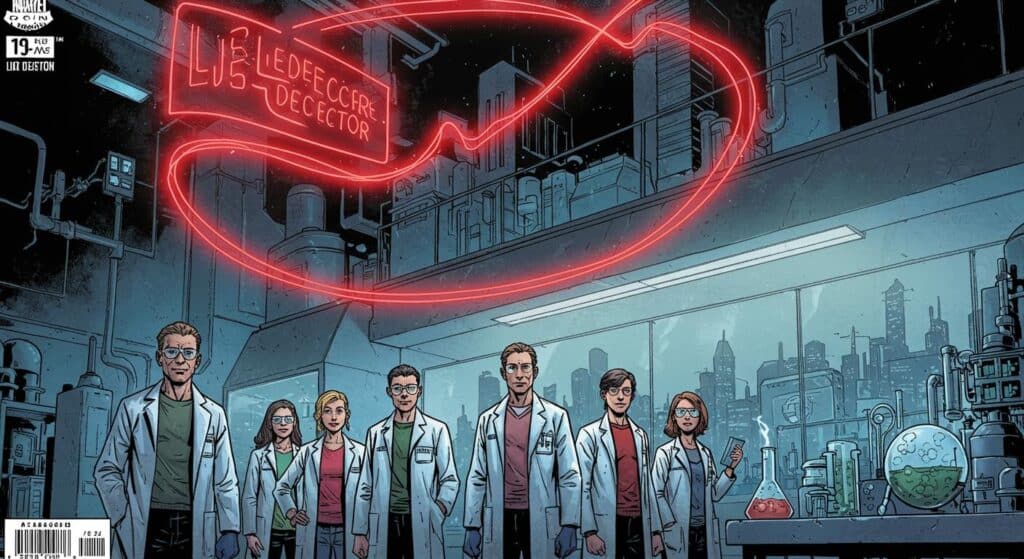The City Academy Voices, a London community choir, had mapped out a perfectly upbeat send-off: an evening of Motown, show tunes, and (capping it all) a communal boogie to “Dancing Queen.” By all accounts, the summer concert at St Andrew’s Holborn was moving into a not-unreasonable late slot, edging past 10pm—but no one expected the night to crescendo not with a standing ovation, but with an unscheduled, shod, and robed intervention straight from the bishop’s residence upstairs. To listeners at home, a bishop in blue dressing gown, microphone in hand, bemoaning the “terrible racket” might sound like the fever dream of someone who reads too many farces. Yet, as The Guardian reports, this is precisely what happened.
“This Isn’t an Act?”
The bishop of Fulham, Jonathan Baker, evidently decided theatrical times called for theatrical measures. When the lights went out just before the final number—intentionally, it turns out, not the universe siding with the early sleepers—the singers and 360 or so audience members found themselves greeted not by stage managers, but an irritated resident in sleepwear, notably unshod. In the understated language of British understatement, as described by The Guardian, the bishop called the choir’s efforts a “terrible racket” and briskly requested they “leave my house.”
Choir director Leigh Stanford Thompson, whose own exit as conductor was meant to be the evening’s main event, described the moment as “so bizarre.” Both the choir and the audience, according to details recounted in The Guardian, took a few beats to realize this was not an avant-garde comedy bit. One member confessed she first suspected a rogue actor; it was only as the bishop’s lack of irony became clear that the mood turned “surreal.”
St Andrew’s Holborn, as noted by the outlet, is a church that’s routinely hired for public concerts. Previous events, choir members pointed out, had concluded without incident—or bathrobe-based cameos. It appears, according to a follow-up apology from the diocese included in The Guardian’s account, that an overrun caused by technical difficulties nudged the evening past a comfort threshold.
The Bishop, the Booing, and Abba in the Aisles
What followed was equal parts public spectacle and impromptu tribute to the power of collective spirit—or, if you’re less prone to sentimentalism, an example of the chaos sparked when ordinary proceedings are interrupted by the absurd. As reported by The Guardian, a church worker issued an apology over the microphone and quietly asked everyone to leave; frustration built, boos reportedly followed, and the choir spontaneously launched into an a cappella “Dancing Queen” as their final encore. The same report notes that applause echoed through the church as the group made their exit—a moment, perhaps, more memorable for its unscripted energy than a routine closing bow.
There’s a slight irony in the bishop’s method: if waiting out the final song was an option, as one choir member suggested to The Guardian, perhaps the swiftest peace might have been served by letting the musical theater crowd have their last turn. Instead, the delay stretched out, and St Andrew’s played host to a minor parable—about property, patience, and the unpredictable ways order and disorder negotiate their boundaries.
Dressing Gowns and Double Lives
The image of a clergy member enforcing bedtime with the urgency of an annoyed parent is—as so often with stories like these, and as described in The Guardian—both faintly ridiculous and oddly humanizing. Even the bishop’s postscript apology (delivered, presumably, in more formal attire) acknowledges a certain breach of decorum, chalking up the abrupt appearance to miscommunication and a disrupted schedule. The Guardian highlights the diocese’s recognition that the night had run late due to technical issues; Baker, for his part, reached out to apologize, realizing perhaps the limits of enforcing church silence by surprise cameo.
Looking back, the “bizarre” ending may have given the choir a story for the ages—and perhaps crystallized their community more efficiently than another round of orchestrated applause. As their director put it, reflecting to The Guardian, “what a way to go out.” Is this not the heart of the live performance: unpredictable, unscripted, and (sometimes literally) dressed in nightclothes?
It’s tempting to wonder which of St Andrew’s other residents, spiritual or otherwise, have opinions on impromptu Abba covers at 10:15pm. The ghosts of choirs past, as the events might lead one to imagine, must be having a chuckle. For everyone else—performers, clergy, or mere bystanders—maybe it’s worth asking: when is a concert really over, and when does the true show begin?







